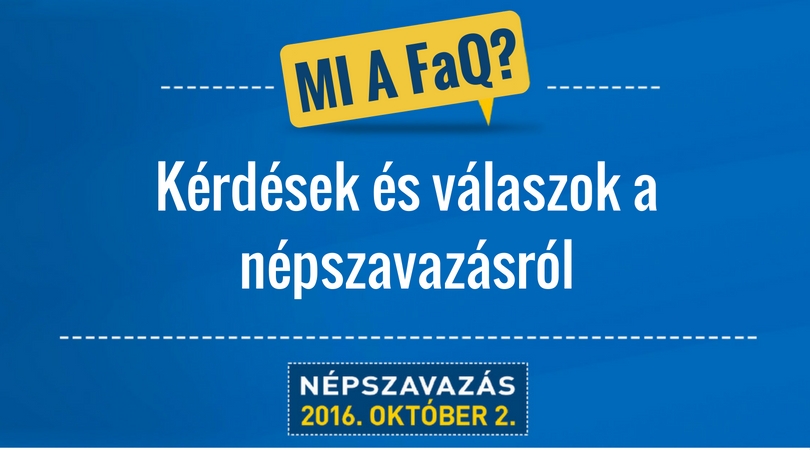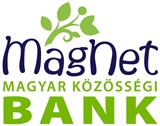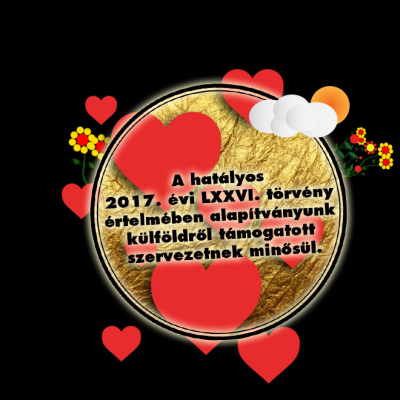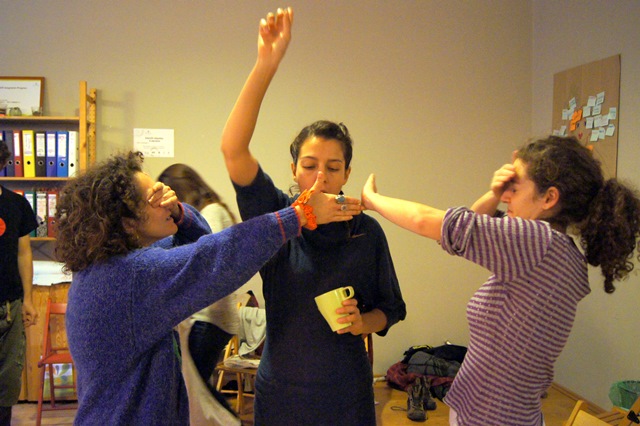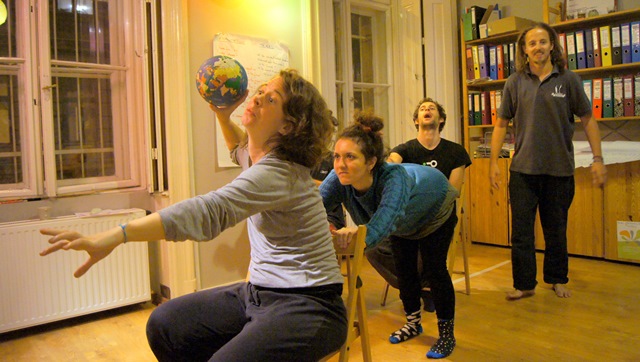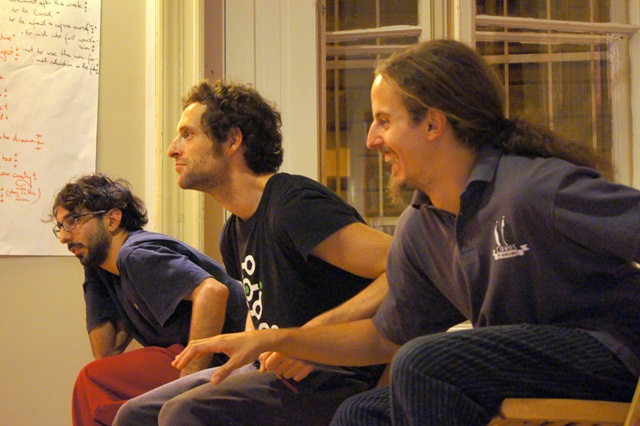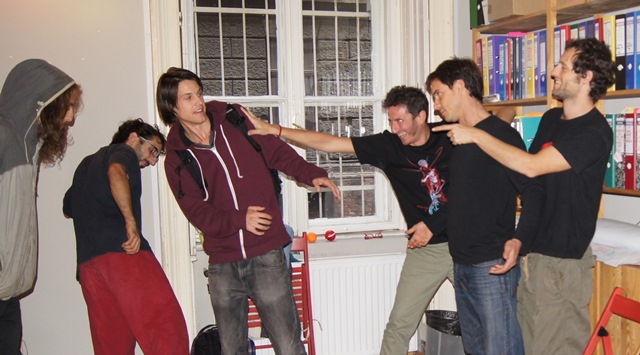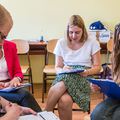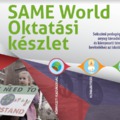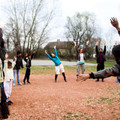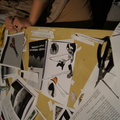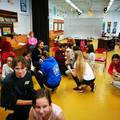Theatre was the topic that caught my attention, community building was a reason for me to connect, and Artemisszió Foundation served as a quality guarantee. So did my application for the third part of “Social Model Exchange” project’s mobility session happen. As a result I could spend five days dedicated to participatory theatre methods in the supporting and inspiring circle of participants from Spain, Portugal, Greece and Hungary. Our two Hungarian and one Italian trainer did their best to make us realize how “social spotlight” can serve as an empowering and creative tool when it comes to youth work. Applause!
What does Theatre of the Oppressed look like? What makes a performance participatory? How can we present reality on-stage? Can we draw the line between the actor and the observer, the oppressor and the oppressed? Is participatory theatre suitable for targeting social problems? Is theatre a suitable medium for social activism? Numerous questions arose while we - dancers, acrobats, jugglers, teachers, social workers – took a peek behind the scenes of participatory theatre. For most of the participants, it was the third go-round of getting together to improve, share and create new approaches, as they had already been involved in Human Rights Education and Social Circus trainings together. Showing the very nature of this tight-knit Hungarian community, I realized this common past experience only on the second day.
Inhale, exhale
Francesco Argenio Benaroio, an emblematic figure of the forum theatre scene in Budapest, joined Artemisszió trainers Márton Szabó and Anna Végh. There were good vibes all around, and quenching the participants’ curiosity – which evidently stemmed from their desire to integrate this method into their own projects - regarding this unique form of theatre seemed borderline impossible, which led to a series of thought-provoking and eye-opening discussions.
These five days were an up-and-down roller coaster ride – manifesting itself not in the form of mood swings, but rather in the form of the ever-changing rhythm of the activities. In between two acts, we honed our circus skills. To take a break from sensitization games, we sang. During presentations about participatory theatre, we drew. After getting familiar with the most relevant literature on the topic, we danced. It all seemed like an idyllic motion picture that went on for five days.
The reality of all theatres
The main goals of the training were providing an insight into the use of theatre in education and to showcase the existing branches of participatory theatre with a strong emphasis on forum theatre. The latter is based on performing a realistic scene on stage presenting a typical, socially relevant problem. Following the few-minute-long performances, anyone from the audience can alter the story in a way that they enter the realm of the act at a certain point and take over the role of one of the characters. As we expect reality to be changed according to the behavior and attitude of one of its actors (don’t we?), so does the mechanism work in the process of forum theatre. Or is it vice versa? And that is exactly the essence of forum theatre: what you do on stage can be implemented into real life. The method itself is hoping to find solutions in the performances (more precisely in the various outcomes of the same story), while actors and observers are amused, inspired, affected.
European casting
Besides all the great vibes and the workshops, sharing was another indicator of this project’s success. Participants from diverse cultural and professional backgrounds did their best to spread their good practices and innovative ideas as. In and outside the frame of the Hungarian round of Social Model Exchange, we found ourselves to be busy with juggling skills, acro yoga, and improvisational theatre. Each and every day was tiring and each and every day started with an enthusiastic energy for new experiences. One single thought broke the flow though: why can’t all learning processes be like this?
Looking back now, a slightly different question popped into my mind: how can we educate - for instance with the means of theatre - in a way that it creates a joyful experience? During the training, we were inspired to find all the answers we can.
Applause!
Viktória Vígh


